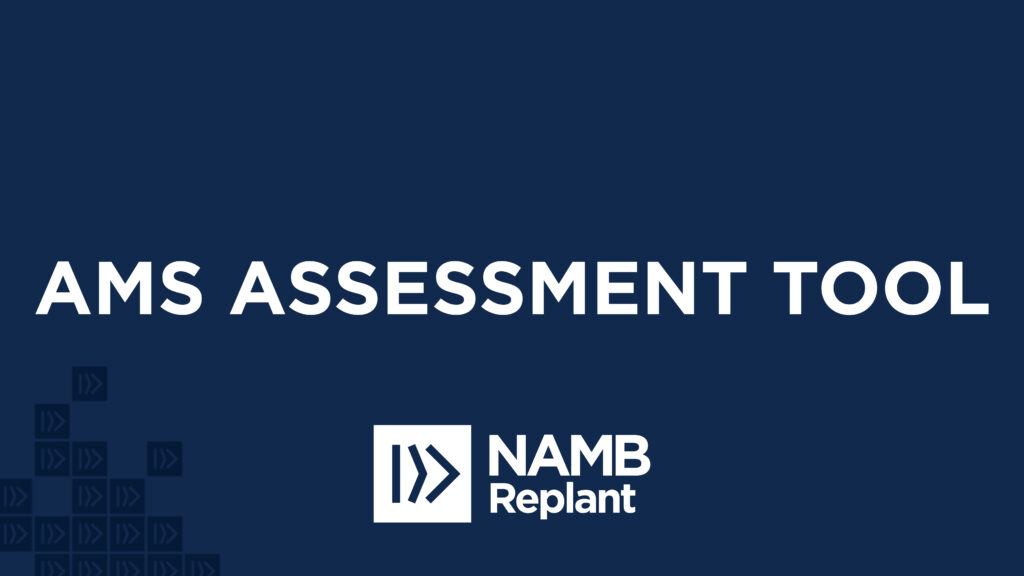In the same way that good partnerships are critical to the work of replanting, partnerships that go off the rails hinder the work of replanting. How do you know if your church is not ready to become a partner with a church seeking to replant? Here are five signs:
1. Your church expects the replant to be a mini-version of your congregation. The local church you lead and serve with is likely a great expression of God’s work in a local body of believers. That doesn’t mean a church just like yours is needed in another location. The church needing to be replanted likely differs in context — the people right around the church geographically may differ, which means your style of church may not translate as well in that location. Partnering well means allowing the replant partner to develop the best expression of itself in that location, rather than lesser imitation of the stronger church in its location.
2. Your church views the replant as a failure before you engaged. The church needing to replant isn’t a failure. Failure would be doing nothing and not asking for help. But it’s not uncommon for the stronger church to possess an attitude that expresses superiority in some way. Those who asked for partnership and help can spot attitudes like this quickly. It is important to view the church needing to be replanted as a sister congregation in need of help and support and good leadership.
3. Your church evaluates the replant by your scoreboard. There is a lot of talk, discussion, and even debate about what success is for a church. Measuring success by externals is very easy. Attendance, budgets, ministries, and facilities do tell a story, but only part of the story. Success for a replant often looks much different than success for a church or church plant in another context. Defining success as faithfulness to the Scripture, the mission of gospel proclamation, visiting the sick and widows, making disciples, seeing conversions and baptisms, and watching the community become noticeably better are all marks of success for any church, including a replant. A replant will grow at its own pace and have its own expressions of ministries, all of which will be unique to who God is making it to be.
4. Your church has its hand hovering over the “exit” button. Replanting is a marathon. On average it can take five to seven years for a replant to fully transition, and even then the congregation may not be fully self-sustainable in that the replanting pastor may work bivocationally for years or even for the foreseeable future. If a partnering church is looking for a quick in and out, then partnering with a replant will not be a good fit.
5. Your church is simply looking for a facility. Existing church properties are some of the most significant kingdom resources in North America. Simply put, it is very difficult to replace them in today’s dollars, and we never want to see them sold and lost to ministry. Church plants and growing churches are in great need of facilities and property. This need can be met through partnerships and replanting. The need for facility and meeting space can at times lead to perceived pressure on the part of the struggling church and the potential partner church. Strong churches simply looking for space and facilities may overlook the value and significance of the historic congregation. A church is always more than a building — valuing the legacy members glorifies God and is a good testimony among other churches in the area.
Replanting would not be possible without partnerships between churches. Good partnerships between stronger and weaker congregations will help accelerate the replanting movement, for the glory of God and the good of the community.
Published January 30, 2018




